I was going back and forth on what I wanted to share this year for Juneteenth. I was teaching one of my classes about the origin and significance of this holiday last week. By the way, I teach international students so most have no idea about any U.S. history. I received so much feedback after I spent February teaching them about Black History focusing on Black Resistance. I couldn’t figure out how students who normally would talk and engage in my classes were so quiet. At the end of class during their video presentations most stated how overcome with emotion they were from what they were learning. A few even cried.
I was stunned. It was not my intention to have class feel so heavy yet over the next few months they used what I had taught in reference to other things. So, I at least knew they were able to make the connection. Also, my mom said that’s why people are fighting so hard for most parts of history, particularly Black history, to be banned in public schools. To have to sit with the reality of how we as a country got to where we are today is heavy, emotional and heartbreaking.
How does what I just shared have anything to do with the question I want to answer today?
Well, I think I answered it but I’m going to continue anyway. Just think about history as a whole then break that day by country then by state then by region within your state. We would never be able to know it all. Yet, we have ways that history can be preserved so those who are interested in particular parts of it can go and learn more. This is why a National Juneteenth Museum is important, needed and extremely necessary.
- There needs to be a place that will allow for the origin, significance and history of Juneteenth to live with its own foundation to build upon.
- There needs to be a place where people can go and hear or read stories from generations of families that have celebrated Freedom Day.
- There needs to be a place where people can learn how to continue the fight for freedom in all areas of our lives.
- There needs to be a place where people can sit and listen to elders, historians, storytellers share about Juneteenth and freedom from places of authenticity, knowledge, experience and research.
If we don’t treasure our history enough as Texans then we give breathing room for others to co-opt the story, twist it and make it into something completely different from what Juneteenth truly is and truly means.
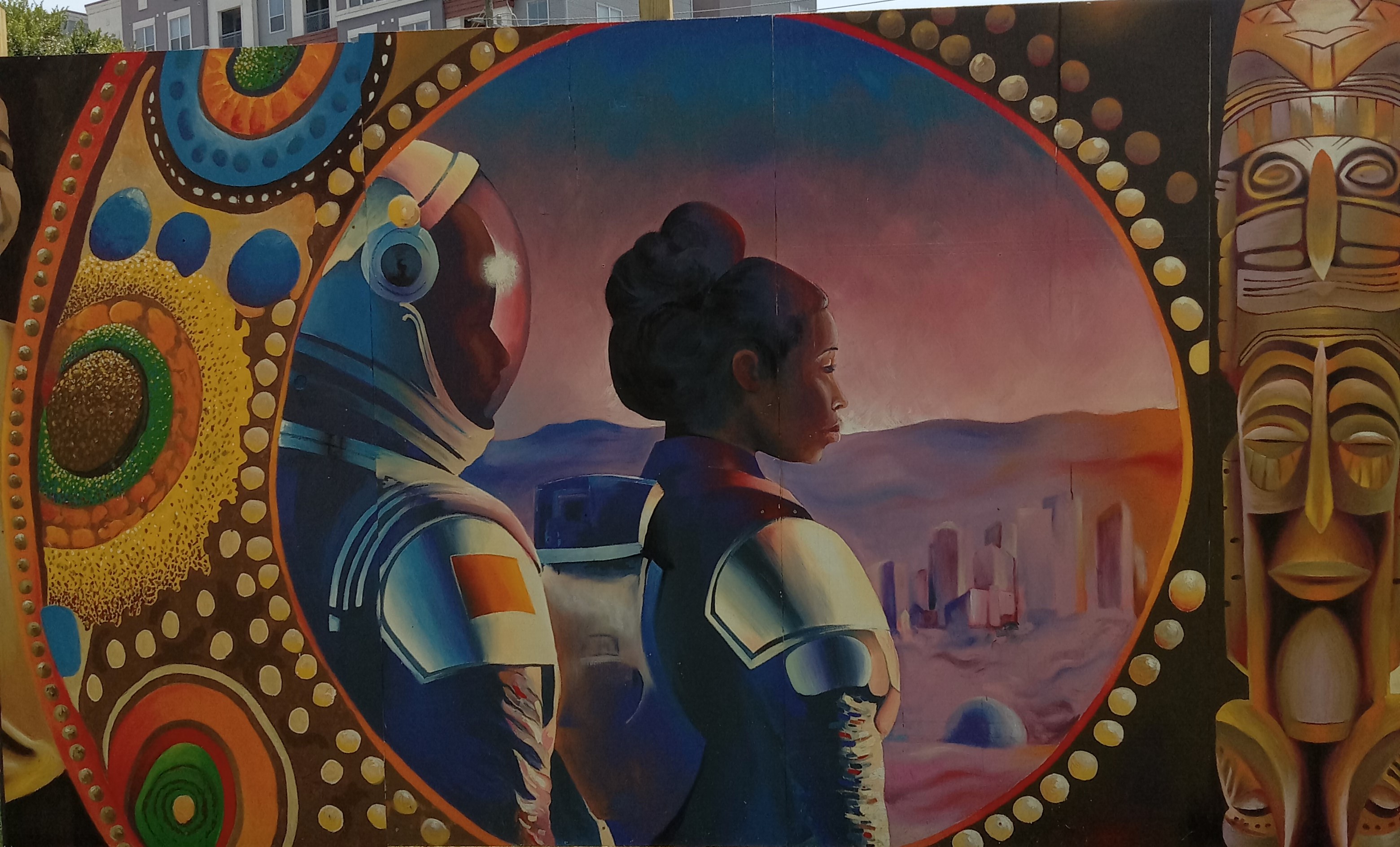
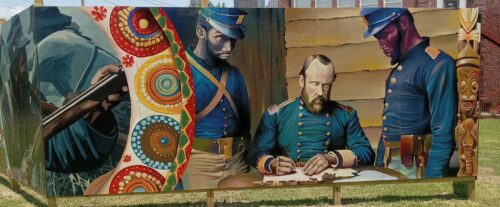
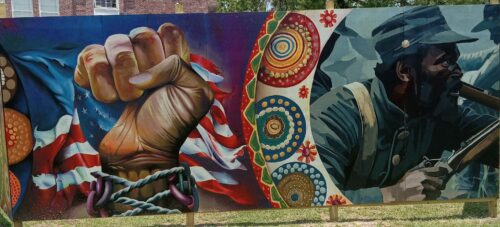
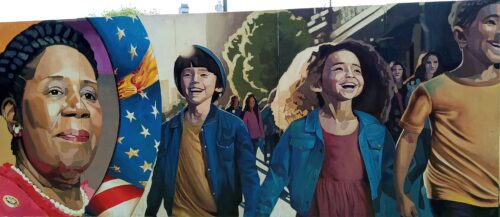
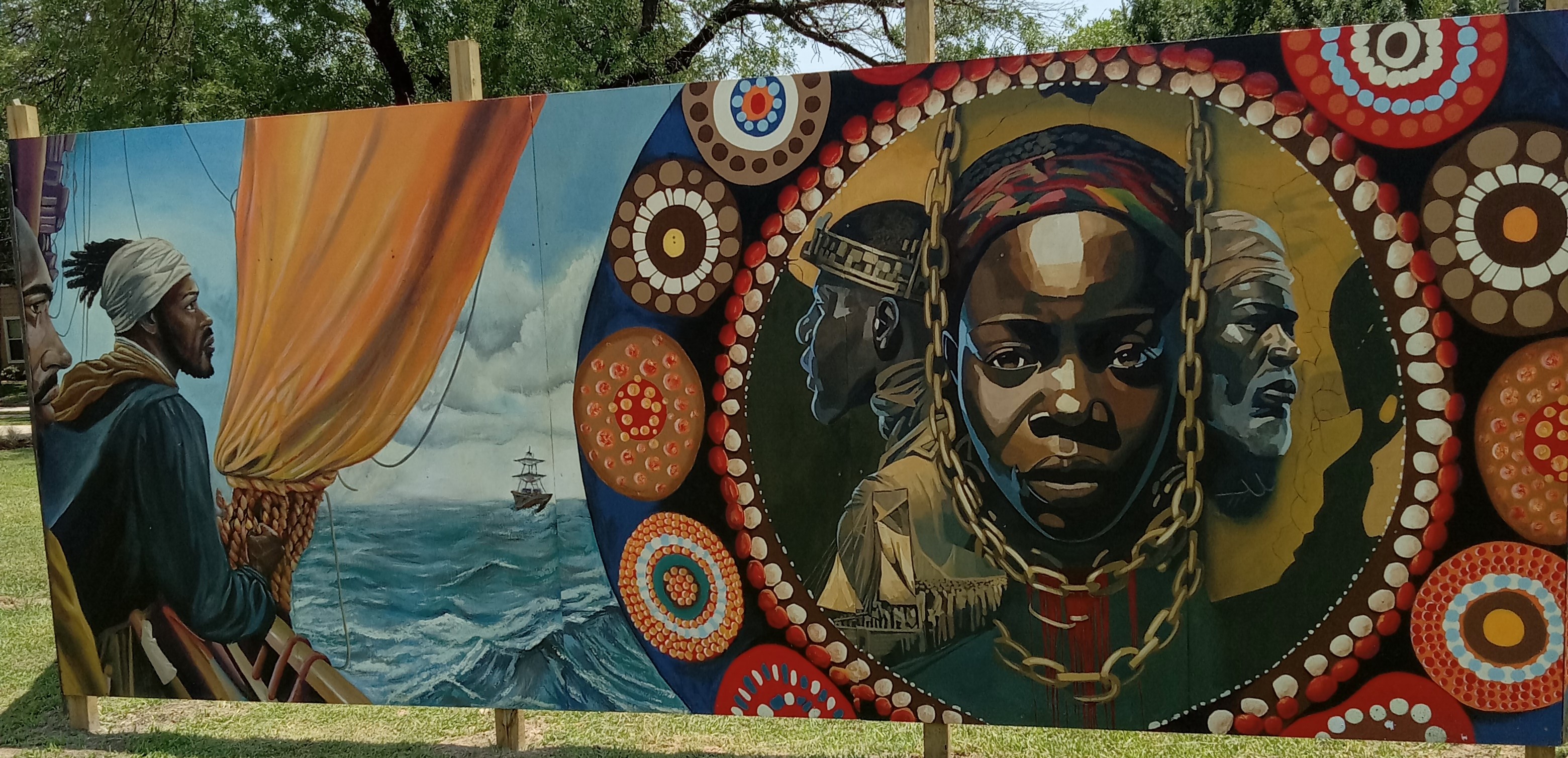
We must tell our stories and keep them alive by any means. I went to the African American Library at the Gregory School in Houston to see this new mural by artist Reginald C. Adams that was revealed right before Juneteenth this year. And if you are ever in Houston, go check it out. Freedmen’s Town was the first town created by Black people in Houston after June 19, 1865 with a population of about 1,000 people. I took a few students and they really learned a lot about the origins of Black life in Houston post-Juneteenth.
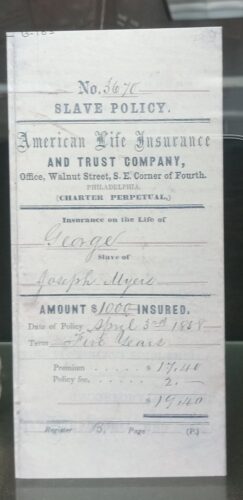
This is an insurance policy I saw when I took a few students to the Buffalo Soldiers Museum. To go from a people being insured as profit to a people finally having freedom is a testament to all the resistance in the spirits of our ancestors.
Museums are controversial depending on what artifacts they posses and how they came to posses those artifacts. However, the National Juneteenth Museum will be a place where stories will be told and live on. It will possess artifacts that have been willingly given by families. Most importantly, it will not erase or ignore Texans as much as media has been doing with the white-washing and generalization of all Black people as it relates to Juneteenth. Yes, this celebration now holiday is for everyone. However, don’t forget how it began, who kept it going and the work done to make it a national holiday.
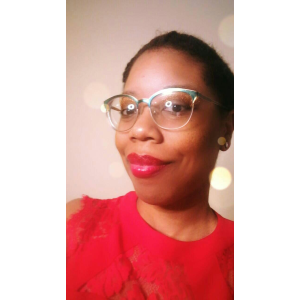
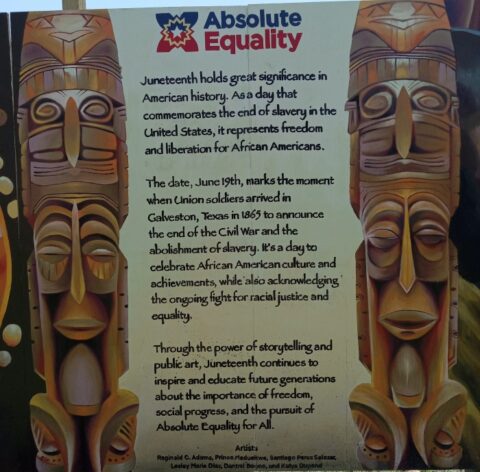
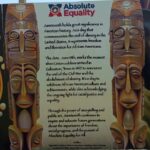

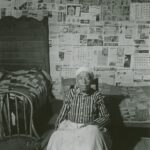
Leave a Reply